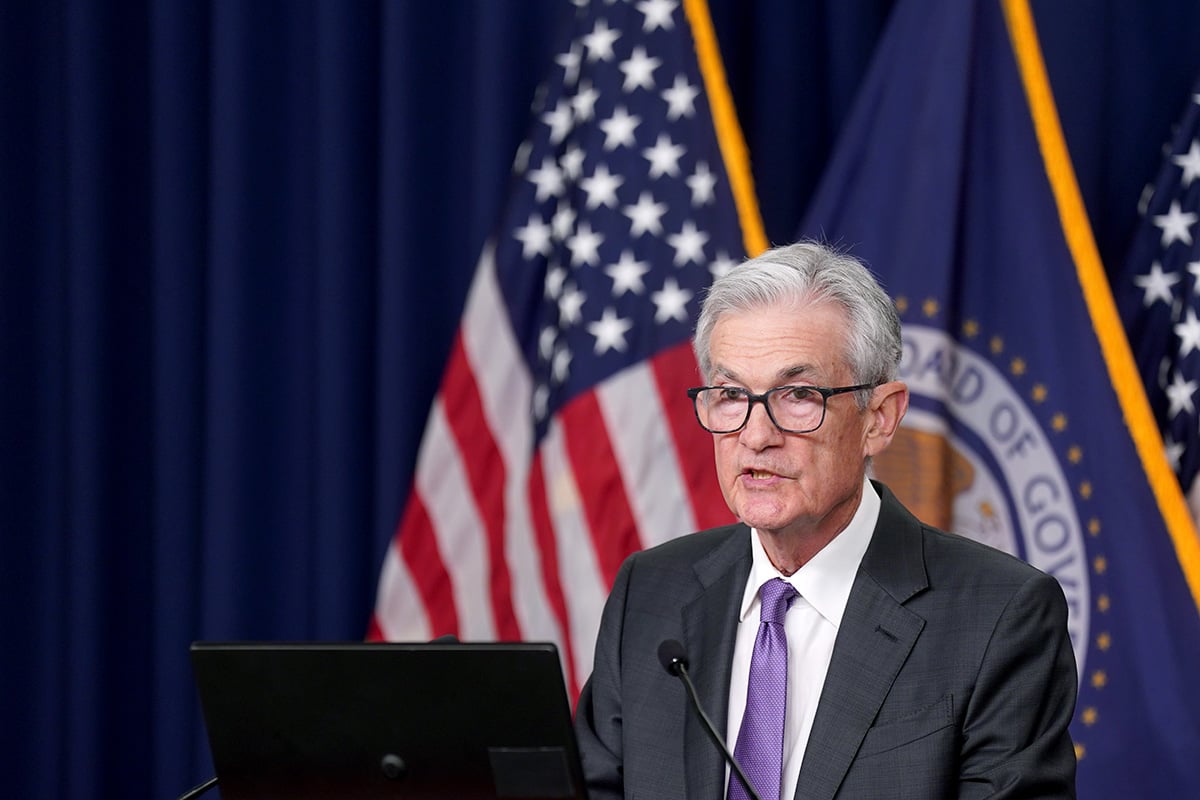As the third anniversary of the Sept. 11 terrorist attacks approaches, insurers are urging Congress to renew the Terrorism Risk Insurance Act (TRIA), which is now slated to expire at the end of 2005. When TRIA was enacted in 2002, insurance companies were expected to use the three years of government-backed terrorism coverage to come up with a private sector alternative for providing companies' policies. So far, no industry program has emerged, and the proposed TRIA renewal raises the prospect that the U.S. government may play a long-term or even permanent role in terrorism coverage.
Those calling for TRIA's renewal say the market for terrorism coverage could get choppy again as early as the fourth quarter of this year if the deadline is not extended again. That's because, as things stand now, any policies renewed after Jan. 1, 2005 would leave insurers exposed to losses on the days the policy extends into 2006 after the government backstop sunsets. The uncertainty that creates is expected to make terrorism insurance more expensive and less readily available. A bill has already been introduced in the House of Representatives to extend TRIA through 2007. But Joel Wood, senior vice president for government affairs at the Council of Insurance Agents & Brokers, says it may be hard to get legislation through this year. There's little backing in the Senate so far, he says, and not many days left in this year's legislative session.
Even with the government guarantee, the majority of companies are still opting to go without terrorism coverage, although recently usage has spiked. Statistics from New York-based brokerage Marsh Inc. show that as of the first quarter of 2004, 44.2% of its customers had terrorism coverage, up from 32.7% in the fourth quarter of 2003. Stephen Lundin, a senior vice president at Marsh, attributes the increased demand not to renewed nervousness about terrorism, but to the fact that companies are paying about 10% to 15% less for their property coverage and are using those savings to buy other insurance, including terrorism coverage.
Complete your profile to continue reading and get FREE access to Treasury & Risk, part of your ALM digital membership.
Your access to unlimited Treasury & Risk content isn’t changing.
Once you are an ALM digital member, you’ll receive:
- Thought leadership on regulatory changes, economic trends, corporate success stories, and tactical solutions for treasurers, CFOs, risk managers, controllers, and other finance professionals
- Informative weekly newsletter featuring news, analysis, real-world case studies, and other critical content
- Educational webcasts, white papers, and ebooks from industry thought leaders
- Critical coverage of the employee benefits and financial advisory markets on our other ALM sites, PropertyCasualty360 and ThinkAdvisor
Already have an account? Sign In Now
*May exclude premium content© 2024 ALM Global, LLC, All Rights Reserved. Request academic re-use from www.copyright.com. All other uses, submit a request to [email protected]. For more information visit Asset & Logo Licensing.





